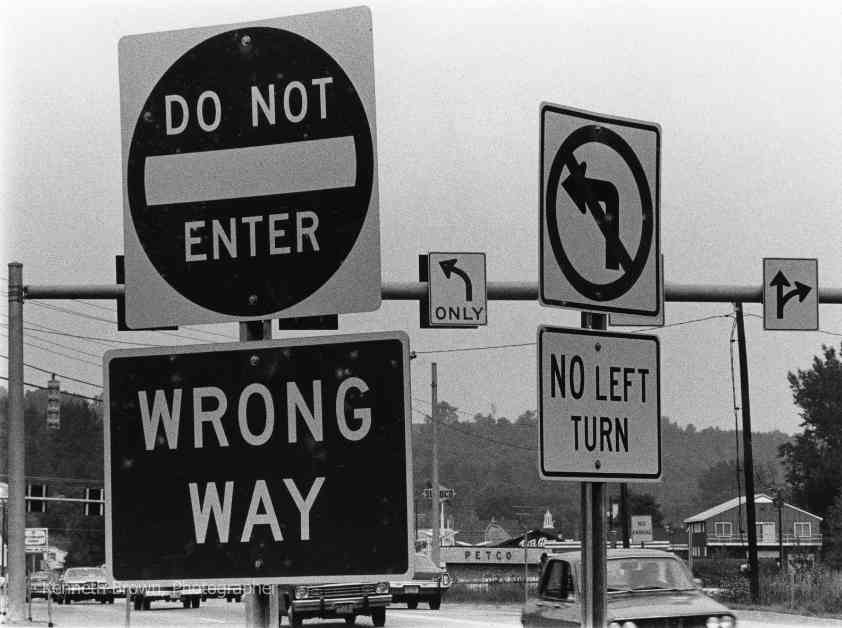The Impact of 1975 on Vermont: A Look at the State Today
In 1975, 82-year-old George Aiken retired to his Putney home after a long political career, marking the end of an era and the beginning of a new one. Vermont had a slow, steady evolution over the past half-century, transforming its political image, literature, and music. Today, Vermont is a different state compared to what it was in 1975.
A Changing Landscape
Throughout the years, Vermont has experienced significant changes in its political landscape. From the days of “Silent Cal” and Robert Frost to the rise of Bernie Sanders and Julia Alvarez, the state has evolved politically. The music scene also shifted, with artists like Phish, Grace Potter, and Noah Kahan representing Vermont today.
Challenges Faced
Despite the progress, Vermont faces various challenges in the present day. Issues such as education funding, healthcare, stormwater drainage, and social safety nets are at the forefront. The state’s infrastructure is being tested by the demands of a growing population and changing societal needs.
Hope for the Future
As Vermont looks towards the future, there is a sense of hope and resilience. While the state grapples with complex problems, there is a belief that solutions can be found through community engagement and political will. Vermont’s human scale and sense of community provide a foundation for tackling the issues that lie ahead, offering a unique opportunity for progress and change.









